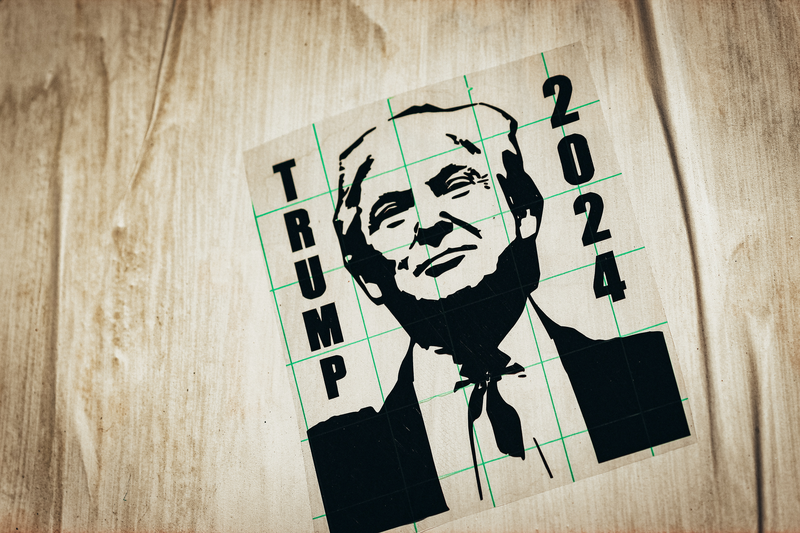
In a world where digital transformation touches nearly every sphere of life, politics is not indifferent to the technological revolution. One of the hottest topics sparking public debate in the United States are the digital currencies issued by central banks, known as CBDCs. Donald Trump, former president and frontrunner in the Republican Party leadership race, promises that as president, he will never allow the creation of such a currency.
Trump’s visit to New Hampshire brought surprising declarations. His position on CBDCs is clear: “As your president, I will never allow the creation of a central bank digital currency.” These words come amid fears that such a currency could give the federal government absolute control over citizens’ money. Trump, who was once a critic of cryptocurrencies, reportedly held over $2.5 million in Ethereum as of August 2023, which may indicate a change in his stance towards blockchain technology itself.
CBDCs, or digital versions of money issued and regulated by central banks, may or may not be based on blockchain technology. While the Federal Reserve has not yet presented an official proposal to introduce CBDCs, the topic has become a hot point in American political discourse.
Ron DeSantis, Governor of Florida, shares Trump’s concerns. CBDCs have garnered more public interest than issues such as gun rights or abortion. Sam Armes of the Florida Blockchain Business Association points out that if CBDCs indeed pose a threat to civil liberties, there is no time to waste in taking action against them. Florida has already taken steps, enacting a law against CBDCs.
In a global context, the Bank of America noted in November that while central banks around the world are closely watching the development of CBDCs, the issuance of a digital dollar by the Federal Reserve seems unlikely in the near future.
In light of these events, CBDCs become not just a technological, but a political challenge. The question of whether and how such currencies can impact the economy, financial freedom, and privacy remains open. The stance of political leaders like Trump and DeSantis shows that the discussion about the future of money in the age of digital transformation is far from over.
